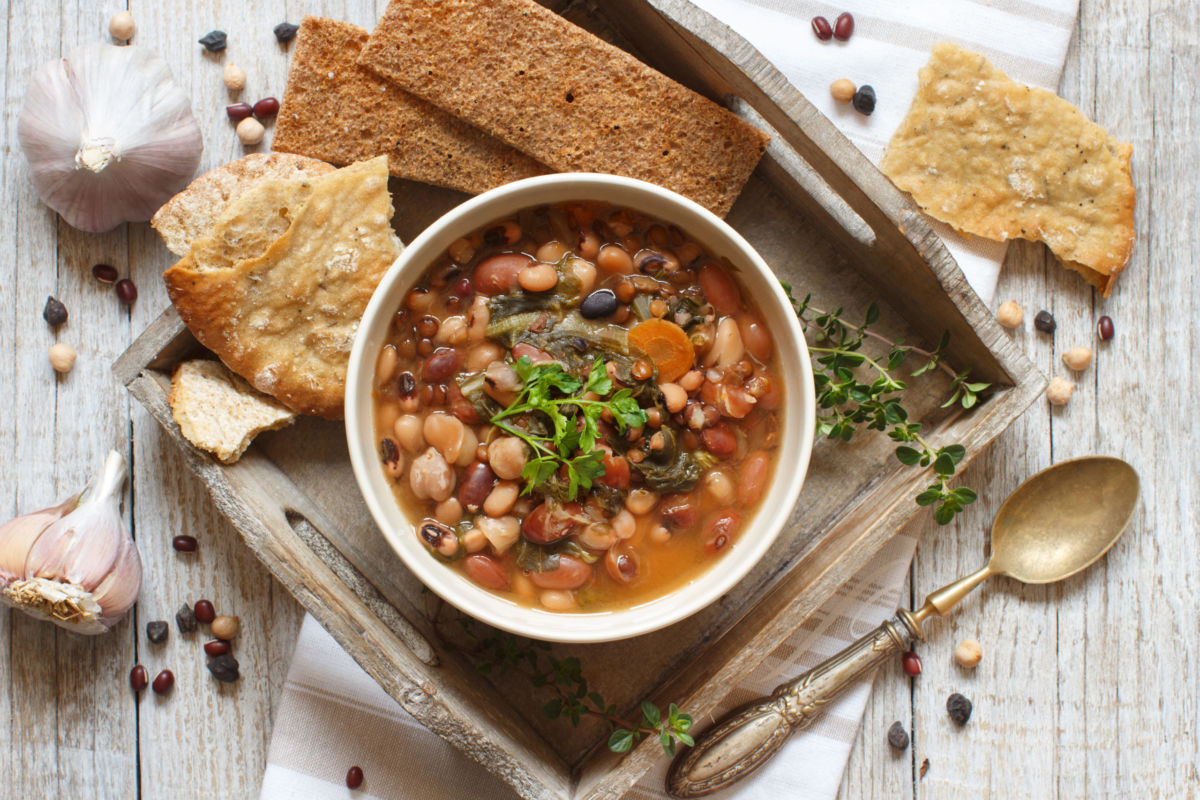
European consumers are reshaping their grocery shopping habits, with health and wellness now taking center stage in purchasing decisions. According to Bain & Company’s latest Consumer Lab survey, which analyzed the opinions of roughly 9,000 consumers across Europe — including 1,500 Italians — evolving values, generational shifts, and socio-economic factors are influencing buying patterns more than ever.
HEALTH DRIVES CHANGE
“Over half of Europeans are actively eliminating unhealthy foods from their diets, motivated by a growing desire to adopt a healthier lifestyle, starting with their choices at the table,” said Marco Caldarelli, Senior Partner and new head of Bain & Company’s Italian consumer products sector. “Physical well-being is the primary driver of this rapid change, fueled by factors such as burnout, low energy, and rising health concerns. FMCG companies must respond quickly and decisively, rethinking their product strategies. It is time to innovate formulations, reduce sugars and processed ingredients, and enhance nutritional quality, focusing on transparency, local ingredients, and accessible solutions. Only then can they capture demand increasingly focused on physical and mental well-being and build lasting consumer trust.”
Nearly 95% of Europeans now consider health a top priority, encouraging more varied and conscious eating habits. Despite this, 23% report struggling to maintain healthy behaviors, and 30% are actively seeking weight loss, motivated primarily by improved sleep and increased physical strength. Younger generations are extending this focus to include mental health as a key aspect of life quality.
FROM SUGAR TO FAT: WHAT SHOPPERS ARE CUTTING
Sugar, processed foods, and fats are at the top of consumers’ lists for reduction. Bain & Company’s data shows 56% of consumers have cut sugar — the highest reduction across food categories — while 50% have decreased consumption of processed foods. In contrast, 30% have increased purchases of local products, and interest in proteins, fish, and dietary supplements is growing.
“Consumers are increasingly aligning their shopping with health-conscious choices. For example, 38% of survey participants plan to increase fish consumption, seeing it as a lighter, healthier alternative to red meat,” the study notes. Locally sourced or zero-kilometer products are also gaining popularity for freshness and sustainability, while 33% of consumers report heightened interest in vitamins and supplements to complement an active lifestyle.
HEALTH ISN’T THE ONLY FACTOR
Although health is the main driver, other factors influence consumption patterns. For example, 82% limit salt for health reasons, while meat sees more diverse motivations: 41% avoid it for health, 14% for economic reasons, and 25% for environmental concerns. Price remains critical: 45% of respondents refrain from buying organic food due to cost. Gluten and dairy reductions are also motivated by a combination of health, taste, and allergies or intolerances. Calorie-dense foods are moderated equally for health (45%) and weight control (44%).
ITALY MIRRORS EUROPEAN TRENDS
Italy aligns with broader European patterns, with sugar reduction a priority for 56% of respondents, ranking the country third after Spain and Poland. Processed and fatty foods follow closely. “This trend highlights Italians’ attachment to high-quality, wholesome food, reflecting culinary tradition,” Caldarelli explained. “Growing attention to local products shows consumers value not only ingredient quality but also traceability and production methods.”
BEVERAGE CHOICES FOLLOW A HEALTH TREND
European beverage consumption is shifting similarly, with 43% planning to eliminate alcohol, 35% reducing carbonated drinks, and 25% avoiding energy drinks. Healthier alternatives are gaining traction: 31% intend to increase juice consumption, 29% probiotics, and 25% lactose-free milk. Italy shows comparable trends, with 40% reducing alcohol, 36% limiting sugary drinks, and rising interest in probiotic beverages (16%).
The Bain study illustrates a decisive pivot in consumer priorities across Europe: health-conscious choices are no longer niche but central to grocery shopping, influencing both food and beverage purchases. For companies in the FMCG sector, adapting to this shift is not optional but essential to meet evolving consumer expectations.
